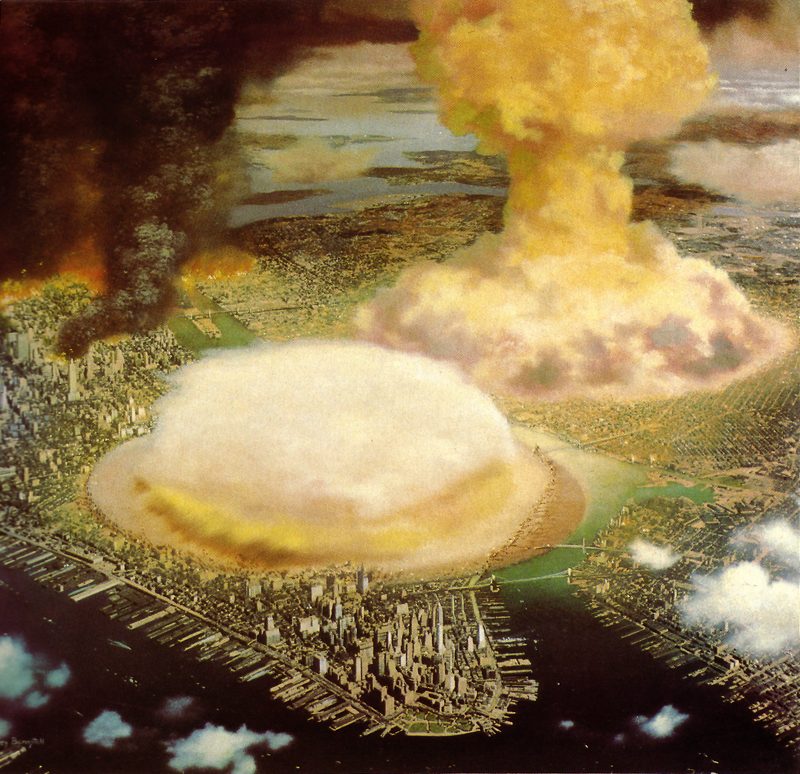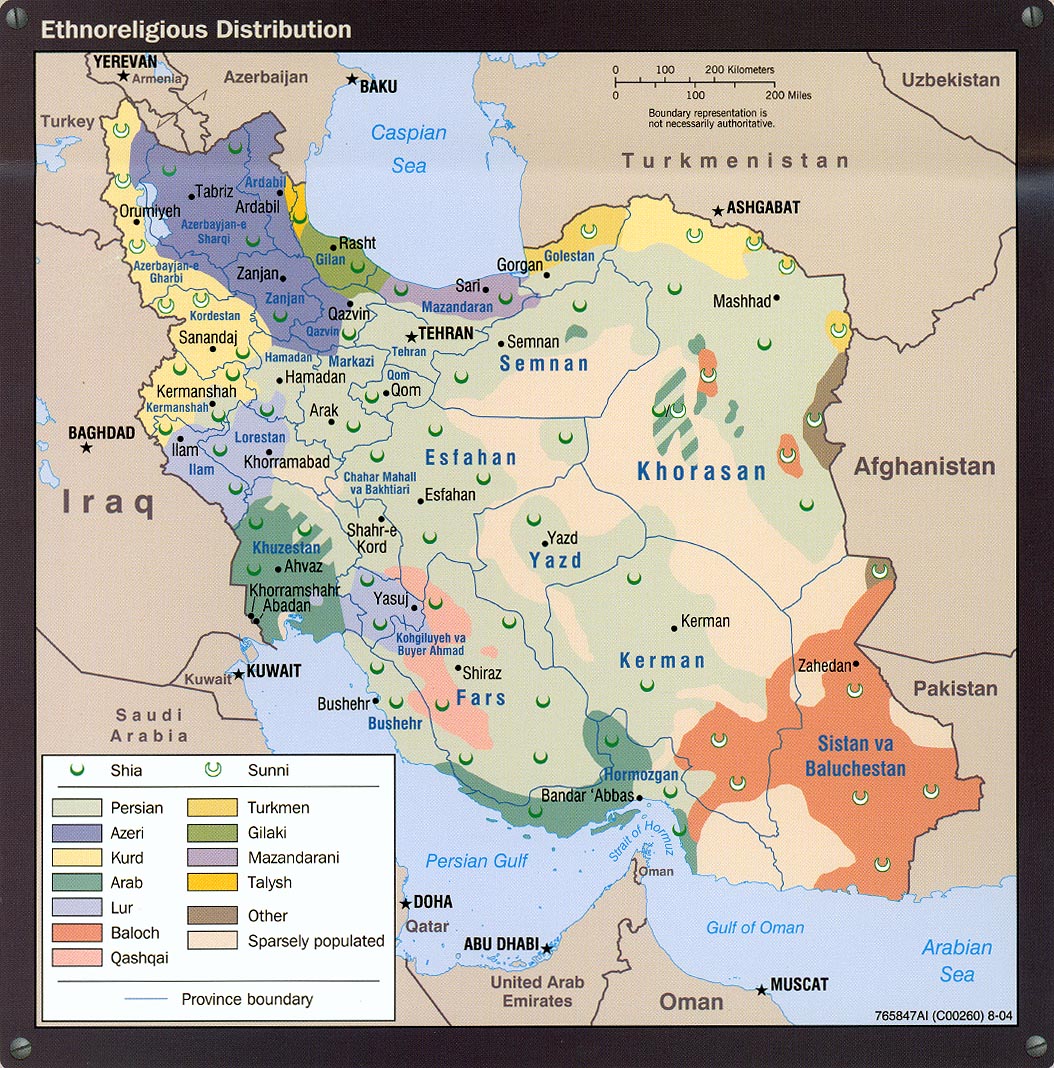4. False. Obama turns 47 on August 4, and if elected would be the 5th youngest person to be president. In fact he will be over 4 years older than Teddy Roosevelt was when he was sworn in after McKinley's assassination, and older than JFK, Clinton, and Grant were when elected. Where are you getting your facts?
Obama would be tied for the 2nd youngest person to be elected president.
Reasons to agree
- Teddy Roosevelt is the youngest person ever to become President, but he became President at age 42 after the assassination of President McKinley. He was not elected president. People never said, we are comfortable with someone this young being president.
- JFK was 44. Clinton was 47. Obama would be 47.
Teddy Roosevelt, JFK, and Clinton were more experienced than Obama.
Reasons to agree
- Harry Truman was right when he said that JFK was too young.
- Barak's only jobs before becoming elected to the senate were an associate attorney for 3 years, a lecturer of constitutional law for 11 years and a state senator 8 years
- Teddy Roosevelt was Vice President before he became President.
- Before TR became Vice President, he served as (1) Governor or New York, (2) Assistant Secretary of the Navy, (3) an Army Lieutenant Colonel and Colonel who organized and led his "Rough Riders" during the Spanish-American War, (4) president of the Board of New York City Police Commissioners, (5) a United States Civil Service Commissioner and (6) a New York State Assemblyman who wrote more bills than any other New York state legislator.
- Wikipedia: "Roosevelt became president of the board of New York City Police Commissioners in 1895. During the two years he held this post, Roosevelt radically reformed the police department. The police force was reputed as one of the most corrupt in America. NYPD's history division records Roosevelt was, 'an iron-willed leader of unimpeachable honesty, (who) brought a reforming zeal to the New York City Police Commission in 1895.'Roosevelt and his fellow commissioners established new disciplinary rules, created a bicycle squad to police New York's traffic problems and standardized the use of pistols by officers. Roosevelt implemented regular inspections of firearms, annual physical exams, appointed 1,600 new recruits based on their physical and mental qualifications and not on political affiliation, opened the department to ethnic minorities and women, established meritorious service medals, and shut down corrupt police hostelries."
Barack's no TR, JFK, or even BC
Michael Gaynor Michael Gaynor
January 29, 2008
When Ted Kennedy enthusiastically endorsed Barack Hussein Obama for President of the United States, Ted (1) chided Harry Truman for saying that JFK was too young in 1960 and (2) proclaimed that Barack is a bit older than Teddy Roosevelt, John F. Kennedy and Bill Clinton, when they became President.
What Ted (and the media) ignored is that Harry Truman had a point. The Cuban Missile Crisis resulted from Soviet Premier Nikita Khrushchev's impression, as a result of the Bay of Pigs fiasco and a personal meeting with JFK in Vienna, that JFK would not be strong enough to keep the Soviet Union from installing long-range nuclear missiles in Cuba. Yes, JFK got those missiles out, after taking the world to the brink of nuclear war, and only gave up some American missiles in Turkey in the bargain. But the truth is that JFK was NOT ready to be President on Day One, as the Bay of Pigs fiasco itself conclusively demonstrated. Instead of a successful operation, or no operation, JFK bungled the long-planned liberation of Cuba from the dictatorship of Fidel Castro as badly as possible: by allowing the attack to begin and then denying air cover to the would-be Cuban liberators.
In addition, Barack is no TR, or JFK, or even Bill Clinton.
Barack was an associate attorney with Miner, Barnhill & Galland (three years), a lecturer of constitutional law at the University of Chicago Law School (eleven years) and an Illinois state senator (eight years) before being elected to the United States Senate in 2004.
Teddy Roosevelt is the youngest person ever to become President. He became President at age 42 after the assassination of President McKinley.
Right, TR was Vice President before he became President.
Before TR became Vice President, he served as (1) Governor or New York, (2) Assistant Secretary of the Navy, (3) an Army Lieutenant Colonel and Colonel who organized and led his "Rough Riders" during the Spanish-American War, (4) president of the Board of New York City Police Commissioners, (5) a United States Civil Service Commissioner and (6) a New York State Assemblyman who wrote more bills than any other New York state legislator.
Wikipedia: "Roosevelt became president of the board of New York City Police Commissioners in 1895. During the two years he held this post, Roosevelt radically reformed the police department. The police force was reputed as one of the most corrupt in America. NYPD's history division records Roosevelt was, 'an iron-willed leader of unimpeachable honesty, (who) brought a reforming zeal to the New York City Police Commission in 1895.'Roosevelt and his fellow commissioners established new disciplinary rules, created a bicycle squad to police New York's traffic problems and standardized the use of pistols by officers. Roosevelt implemented regular inspections of firearms, annual physical exams, appointed 1,600 new recruits based on their physical and mental qualifications and not on political affiliation, opened the department to ethnic minorities and women, established meritorious service medals, and shut down corrupt police hostelries."
Barack surely is no TR!
Like TR, JFK was the second son of Joseph P. Kennedy and, as such, very well prepared for the Presidency, especially after his older brother, Joseph, died in World War II. A war hero himself, JFK served after the war as a Congressman (six years) and a United States Senator (eight years) before being elected America's second youngest President.
Barack is no JFK.
Bill Clinton, America's third youngest President, served as a University of Arkansas law professor, Attorney General (two years) and Governor of Arkansas (twelve years) before being elected President in 1992.
Barack is no Bill Clinton either.
5. "Obama has never accomplished anything outside of the classroom." What is this supposed to mean? He has state senator, US senator, a successful attorney, director of a successful community development program in chicago, and held several different non-academic positions prior to going to Law School. He is a father, and a husband. How can you possibly say he has never accomplished anything outside of the classroom. Please back up your statement.
I assumed you would understand that I mean Obama has never accomplished anything NOTWORTHY outside of the classroom. Of course obama has accomplished somethings. All human beings have become potty trained, and done all sorts of crap. My point was, and I think you will have to agree, that Obama has never done anything noteworthy. You mention that Obama was a state senator? Is this noteworthy? If it is, then every senator should run for president. You know how many state senators there are? Small states like Idaho have perhaps a hundred of them... I bet there are thousands of state senators...
6. "Obama has never had a job in the marketplace." See above. He worked at Eldridge Hayne's Business International Corporation, and it was not an internship. If Romney can use his time in France as experience that contributes to his candidacy, why can't Obama use a post-collegiate job?
Good point. The point I was thinking of is that Obama has never done anything useful. I do not consider being a civil rights attorney useful. I do not think lawyers contribute to society, but that is a personal opinion. I think most people would agree with you that working as a lawyer prepares you for president about as much as Romney's experience overseas, but come on...your angers is not worth this SMALL, SMALL, SMALL point. You have to agree with me, if you have any credabilty, that working for a law firm does not qualify you to be president.
7. "Obama has never run an organization." He was president of the Harvard Law Review, which is pretty much like being the head of a major magazine, only held to a higher standard. He ran Developing Communities Project in Chicago. If you know anything about how government offices work you would know that running a Senate office is pretty much like running a business. There is a staff, there is a budget, you hire, you fire. And of course a presidential campaign is an incredible organization.
Senators have staff of 2 to 6 people, as far as I know. Obama does not run his presidential campaign. He has a campaign manager. Does everyone who runs for president, automatically have the experience you need to run for president, because running for president, qualifies you to be president. You really are an idiot.
8-12 See above. Senator is the boss. Director is the boss. President is the boss.
13-14. I love that your supporting "facts" for why Obama isn't experienced is "Obama just isn't experienced". This is brilliant logic.
I am not a Bill Maher fan either, but not all experience is equal. So Bush had 8 years of political experience, at the state level. Obama had 7 years at the state level in the Illinois senate (also a very populous state, representing part of the 3rd largest city in the country), plus will have had 4 years in the US Senate. Bush had 8 years of executive branch experience, Barack 0.
A governor is not in the executive branch.
Barack has 4 years of foreign policy experience, Bush 0 at that time (same as Romney).
?
I think the point that Maher is making (poorly, I admit) is that there is no broad brush of "experience" than can be painted onto candidates. There are no specific pre-req's for the presidency (other than age, citizenship and US Birth), so to say one candidate is more experienced than another is not a simple issue of addition. If that were the case then we would all just vote for the most "experienced" candidate, McCain
Romney is more experienced than Barak Obama. Romney balanced the budget in Massachusetts, without raising taxes. Romney turned around the Olympics, when they were in debt, just a few months after September 11th. Romney has experience in the marketplace. He made companies give him money, in order for Romney to tell them what to do, in order to fix themselves. Obama worked with a criminal, who ran slum housing in Chicago. What good did Obama accomplish? How many people did he get houses for? What did he accomplish?















